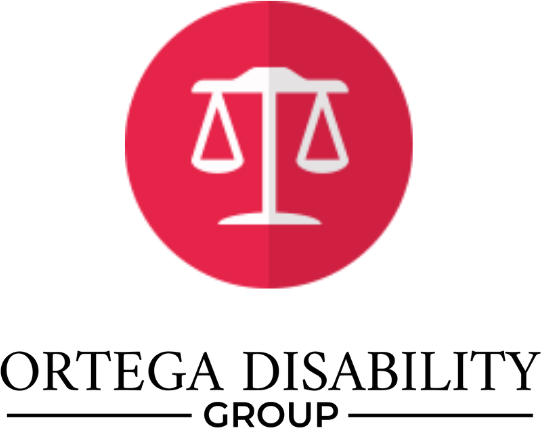In order to qualify for Social Security Disability Insurance (SSDI) you must be able to prove you have a disability or condition, or multiple disabilities/conditions, that prohibit you from working and otherwise taking part in substantial gainful activities (SGA).
The Social Security Administration (SSA) determines which disability claims are approved for benefits. They use the Blue Book to define disabilities and compare those listed to all received claims. This can make it difficult for people to know precisely what information is important to provide the SSA when applying. However, it should be noted that if a disability is not listed in the Blue Book, that does not mean a claimant can’t qualify for disability benefits.
Musculoskeletal Disorders in the Blue Book
One of the categories for physical impairments found in the Blue Book is musculoskeletal disorders. This category is further broken down into four subcategories.
- Fractures – A fracture is a break or crack in a bone. For someone to receive disability benefits for a fracture, the injury must be expected to prevent a claimant from working for a year or more from the date of the application.
- Amputations – If a claimant has one or more amputations, it must be proven that prosthetics do not help the claimant well enough to allow them to work if they are to be approved for Social Security Disability (SSD) benefits.
- Joints – Disorders or injuries that affect the joints, such as the wrists, ankles, knees, etc., may inhibit a person from completing every day tasks and actions. If an injury or disorder negatively impacts a claimant’s abilities to perform certain tasks, and their ability to do things like walk, stand, pull, push, lift, etc, they should qualify for SSD.
- Spine – Spinal injuries or disorders can prevent or greatly impact a person’s ability to stand, sit, drive, concentrate, or otherwise perform tasks that are necessary in many places of work. If this is the case for a claimant, they should qualify for disability benefits.
It can be difficult to prove a claimant suffers from a musculoskeletal disorder that qualifies them for SSI or SSDI. Physical tests and proof of treatment by a doctor(s) may be necessary to get a disability claim approved by the Social Security Administration. This goes for other types of disabilities listed in the Blue Book, as well.
To be approved for SSD, a condition or disability must also be expected to last a year or longer. Should a claimant be approved for disability benefits, it is also important they continue to see their doctor and follow all prescribed treatments.
The Social Security Administration may revoke their decision to provide SSDI or SSI benefits to an individual who fails to follow prescribed treatment methods, such as taking medications or going to physical therapy. This is true whether the patient was given treatment methods to adhere to before or after receiving benefits.
There are a number of musculoskeletal disorders which are commonly approved for disability claims. Some of these include the following:
- Anterior Poliomyelitis (Polio)
- Bone Spurs
- Carpal Tunnel Syndrome
- Degenerative Disc Disease
- Degenerative Joint Disease
- Dwarfism
- Fibromyalgia
- Gout
- Herniated Disc
- Hip Pain
- Hip Replacement
- Knee Pain
- Knee Replacement
- Lumbar Stenosis
- Muscular Dystrophy
- Neck Pain
- Osteoarthritis
- Osteoporosis
- Paralysis
- Rheumatoid Arthritis
- Ruptured Disc
- Scoliosis
- Soft Tissue Injury (Burns)
- Spinal Fusion
- Torn ACL
- Whiplash
Social Security Disability Attorney in Oakland, CA
Applying for SSDI or SSI can be a tedious and difficult process. Often, initial claims are denied. This can be because the proper paperwork was not filed, substantial evidence of the injury or disability was not provided, certain criteria were not clearly met, information was not provided on time, and many other reasons.
To prove you are suffering from a musculoskeletal disorder that inhibits your ability to take care of and provide for yourself can be complicated. It is important to seek legal counsel if you plan on filing a disability claim with the Social Security Administration, as this can greatly improve your chances of getting your claim approved.
If you are looking for an experienced Social Security Disability Attorney in Oakland, Orange, or Alameda, California, contact Ortega Disability Group today. Our trustworthy and reliable team is here to help you get the benefits you deserve
